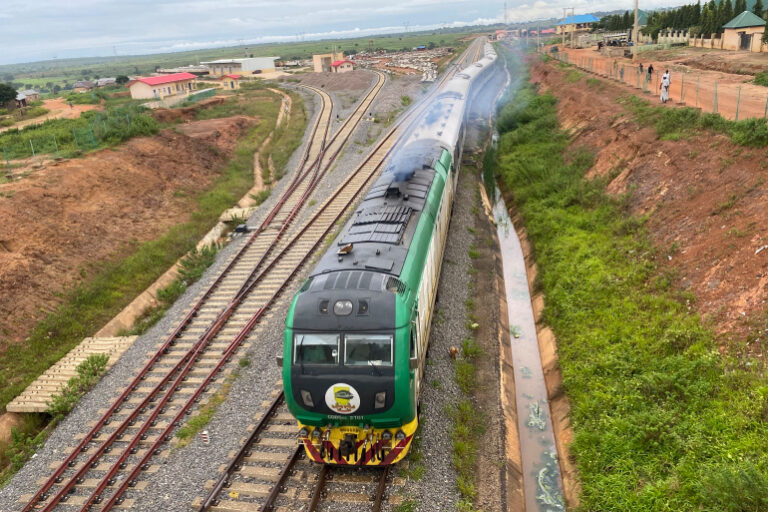A United Kingdom-based railway infrastructure engineer, Bosun Odunlami, has called on the Managing Director of the Nigerian Railway Corporation (NRC), Dr. Kayode Opeifa, to engage Nigerian railway professionals in the diaspora to transform the nation’s rail sector. Speaking on Monday, Odunlami emphasized the wealth of Nigerian talent contributing to the advancement of London’s transport system and highlighted the potential for similar achievements back home—if the right framework is put in place.
Odunlami, a key member of the Balfour Beatty Rails project team working on the Metronet/BCV rail reconstruction on London’s Victoria and Central Lines, revealed that a significant number of engineers behind London’s rail infrastructure are of Nigerian origin. He attributed their success to the enabling environment in the UK, which nurtures talent, enforces accountability, and prioritizes efficiency.
“There is nothing they’re doing here that cannot be done in Nigeria,” Odunlami said. “The key difference is the structure and framework. Here, infrastructure isn’t politicized. Schedules are adhered to with precision, and there’s accountability for delays or failures.”
He criticized the current state of railway projects in Nigeria, noting the prevalence of abandoned or delayed works due to poor planning and lack of continuity. According to him, genuine development can only happen when qualified professionals are placed in appropriate roles and national projects are shielded from political interference.
To drive change, Odunlami urged Dr. Opeifa to look beyond local borders and actively seek collaboration with skilled Nigerians across the globe who are ready to contribute to the nation’s rail transformation. He also recommended a comprehensive five-year development plan for the country’s railway infrastructure—one that should be carefully followed to ensure meaningful progress.
“This isn’t about personal gain,” he said. “It’s about creating long-lasting policies and frameworks that serve the country. Understanding the loopholes and establishing a realistic roadmap is the first step.”
Odunlami’s remarks come at a time when Nigeria’s transportation infrastructure is in dire need of revitalization. His appeal underscores the potential impact of diaspora involvement in reshaping Nigeria’s future through expertise, innovation, and committed leadership.

